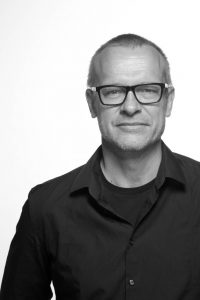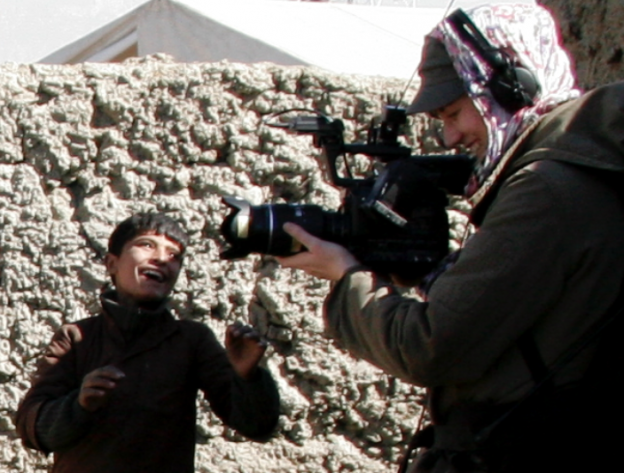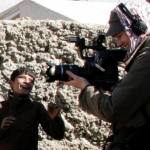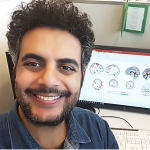MA Eva Durall will defend her doctoral dissertation
Reflection and Self-Regulation Using Monitoring Tools in Learning: Critical Design Exploration on Self-Monitoring During Independent Study
Friday 2 November 2018
Otakaari 1x, room A1
Starting at 12.00
Opponent: PhD prof. Anders Morch, University of Oslo
Custos: prof. Teemu Leinonen
Discussion will be in English.
More information:
In this dissertation opportunities and challenges of using monitoring tools in learning are critically explored from a design perspective. The results are two-fold: a design prototype that uses self-monitoring in independent learning situations (Feeler), and identification of reflection and self-regulation as relevant skills for autonomous and independent learning that self-monitoring tools can support. In light of these findings, this research proposes a set of design principles to guide further designs of monitoring tools aiming to support learning.
Inspired by critical and speculative design approaches, the Feeler prototype presents an extreme, yet plausible case of monitoring physiological data, which consists in monitoring brain activity to detect learners’ attention and relaxation levels during independent study. The design of the prototype was influenced by human-centered tradition and the participatory design approach. The prototype allowed students to experience and researchers to study a hypothetical solution regarding the use of self-monitoring tools during independent study.
The tests conducted as part of this research brought light into the dominant values and socio-economic discourses associated to mainstream uses of monitoring tools, and supported students critically reflect about these tools. In this regard, this research highlights the value of critical and speculative design approaches to research and discuss emerging technologies in learning and teaching.
This research identifies several design principles, which are grouped around the key themes of self-knowledge, agency-oriented technology, reflection and self-regulation. These principles are exemplified with the Feeler prototype in order to help practitioners and researchers understand how the empirical findings can be translated into actionable ideas when designing monitoring tools. This research points at data-privacy and design for autonomy as important design implications for the design of monitoring tools in learning. There is also a need for further research on these.
Monitoring technologies enable the automatic collection and analysis of data to provide feedback about diverse activities and processes. Despite these technologies are increasingly present in different contexts of human life, for instance in the quantified self movement, in learning, monitoring tools are still an emerging technology. To date, most approaches to use monitoring tools in learning have focused on finding application areas without problematising the context of use. Little attention has been paid to issues like the nature of data and the inferences that are made based on them, the role of students in learning, and the conception of learning and technology. This dissertation addresses this research gap and provides an understanding of the issues related to the design of monitoring tools and the adoption of techno-monitoring practices in learning.
Welcome!

 Horst Hörtner is a media artist and researcher. He is expert in design of Human Computer Interaction and holds several patents in this field. He started to work in the field of media art in the 1980ies and co-founded the media art group x-space in Graz/Austria in 1990. Hörtner is founding member of the Ars Electronica Futurelab in 1996 and since then directing this atelier/laboratory.
Horst Hörtner is a media artist and researcher. He is expert in design of Human Computer Interaction and holds several patents in this field. He started to work in the field of media art in the 1980ies and co-founded the media art group x-space in Graz/Austria in 1990. Hörtner is founding member of the Ars Electronica Futurelab in 1996 and since then directing this atelier/laboratory.

